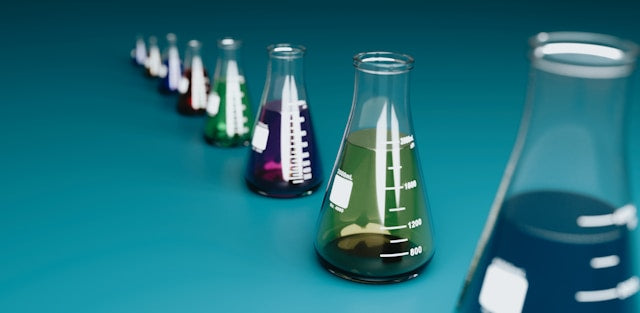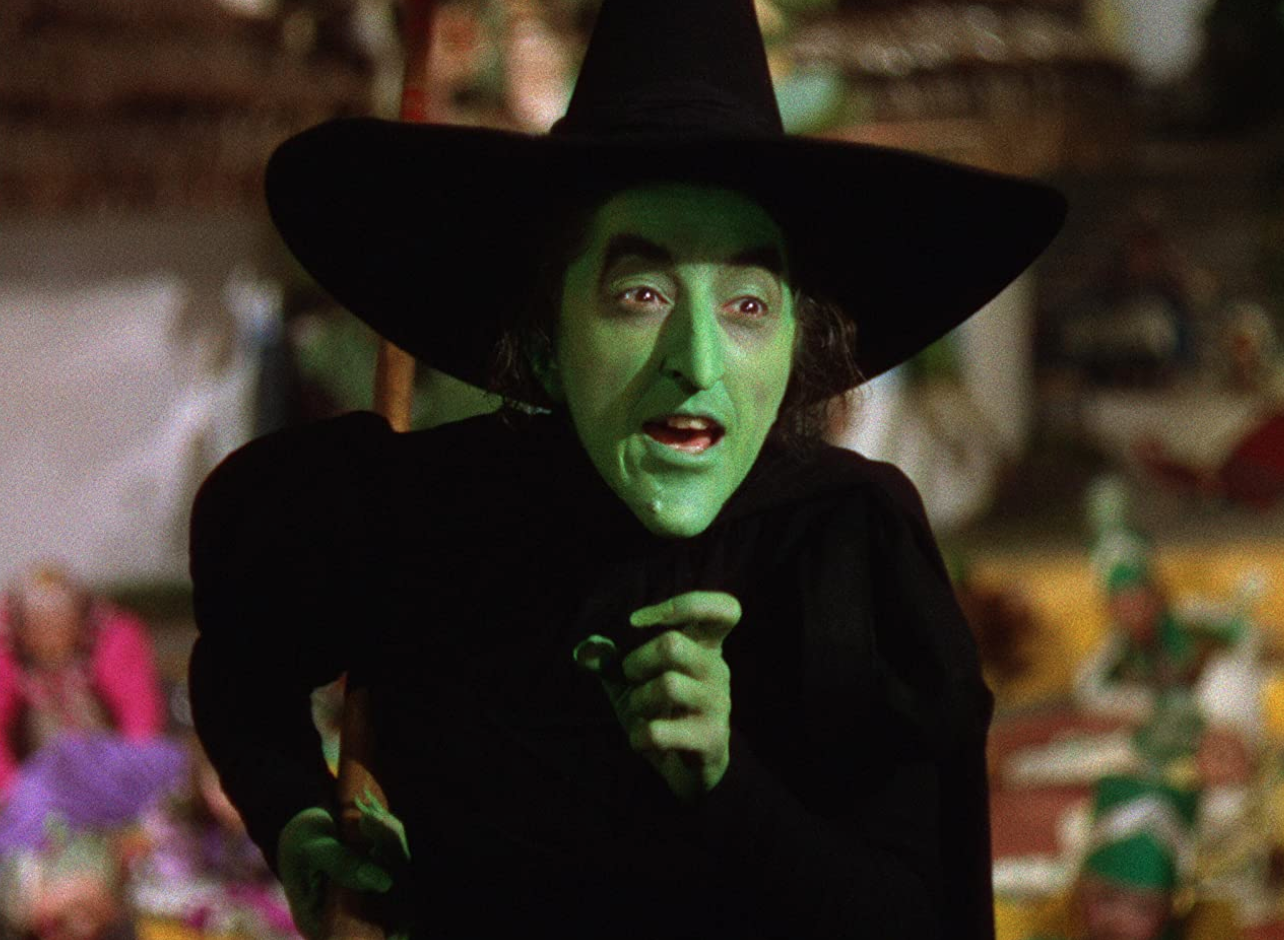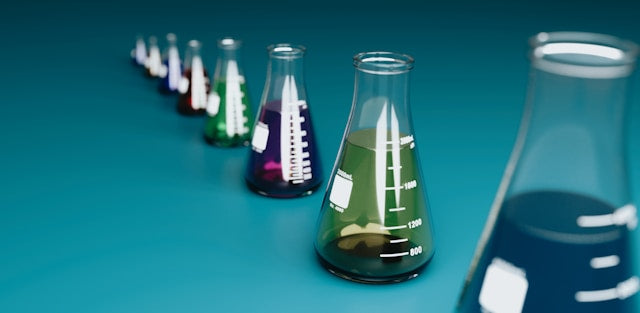
New Research on Parabens and Phthalates: Why Preservative-Free Skincare Matters
Vicky LyonsWhy Preservative-Free Skincare Matters: New Research on Parabens and Phthalates
Most of us don’t think twice about the creams and lotions we use every day. They smell nice, feel nice, and the labels often reassure us they’re “safe.” But a recent study, that investigated parabens and phthalates in particular, has given us a reason to pause — and it highlights exactly why at Lyonsleaf we’ve always believed preservatives have no place on your skin.
What the research discovered
Scientists asked a group of women to stop using products containing parabens and phthalates (two of the most common preservatives and additives found in cosmetics and toiletries) for just 28 days. During this short break, the researchers looked closely at changes in the women’s breast tissue.
The results were eye-opening: after only a month, their tissue showed reversal of changes linked to cancer risk. In simple terms, the cells started behaving more like healthy cells again. This suggests that everyday chemicals we rub into our skin may actually affect how our cells function — and that cutting back on exposure can quickly make a difference. Read the full study here.
What are phthalates?
What are Parabens
Parabens are synthetic chemicals used as preservatives They are often called antimicrobial preservatives or just preservatives. They are used to prevent the growth of bacteria, mold, and fungi in cosmetic, food, and pharmaceutical products.
They are used in products with a water or aqueous element, because dangerous microbes can make a home in water and quickly multiply without the presence of some sort of biocide.
They are known hormone disruptors as they imitate estrogen and are linked to preterm births, fertility problems, fetal development, onset of early puberty, decreased sperm count gestational diabetes and decreased thyroid function among other issues.
Why preservatives are the problem
Parabens were once the go-to preservative in cosmetics. When concerns grew about their safety, companies switched to alternatives like phenoxyethanol. For a while, this was even allowed in certified organic products — until new findings prompted organic bodies to ban it too.
The truth is, any preservative designed to kill microbes has to be harsh, it is a biocide, otherwise it wouldn’t work. And if it’s strong enough to kill bacteria in a jar, do we really want it on our skin day in, day out?
This new research supports what we’ve long believed: avoiding parabens and phthalates — and indeed all synthetic preservatives — is better for your skin and, potentially, for your long-term health.
Why Lyonsleaf products are different
Most creams contain water. Water makes them cheaper to produce and gives them a light, lotion-like feel. But there’s a catch: where there’s water, microbes can grow. That’s why preservatives are always added to water-based products.
At Lyonsleaf, we don’t use water at all. Our products are rich, concentrated balms and creams made from natural oils, butters, and waxes. Because they contain no water, there’s no need for preservatives — not parabens, not phthalates, not phenoxyethanol, not any of their “new” replacements (many of which haven’t been studied long-term).
By going water-free, we:
-
Avoid all synthetic preservatives — nothing harsh or unnecessary touching your skin.
-
Keep the good stuff concentrated — no dilution of beneficial ingredients.
-
Work with nature — our balms are naturally stable, protected by their composition, rather than by chemicals designed to kill.
Choosing better for your skin
The study shows that reducing exposure to certain cosmetic ingredients can have a real, positive effect on our bodies in as little as a month. It’s a reminder that what we put on our skin isn’t superficial — it matters.
By choosing water-free, preservative-free skincare like Lyonsleaf, you can nourish your skin with concentrated natural goodness — and avoid parabens and phthalates altogether.
And, of course, We only use natural fragrance from essentioal oils and resins, certainly no pthalates! And we disclose every single ingredient on out packaging and out product pages.
A brighter future
Whatever the big corporations try hide with their lobbying and public relations trickery. The truth is out - It can't be contained any more - People are realising these ingredients are dangerous and completely unnecessary.
Products without them are far superior as well as being truly safe and effective! And when you buy products free-from artificial chemicals, such as Lyonsleaf products you are supporting a small ethical business with a sense of community, forging a better future for our children and future generations. So arm yourself with knowledge, buy wisely, spread the word, lead by example and feel good physically and energetically. Let's make toxic personal care a thing of the past.
Learn more about how your skin works here.
References:
-
Varshavsky JR, et al. Reversal of cancer-associated phenotypes following a reduction in use of personal care products containing phthalates and parabens: The REDUXE study. Chemosphere. 2023. PubMed link
-
COSMOS-standard AISBL. Restrictions on preservatives in organic cosmetics.
-
https://www.theguardian.com/us-news/2019/may/23/phthalates-everyday-products-toxics-guide
- https://health.clevelandclinic.org/what-are-parabens





